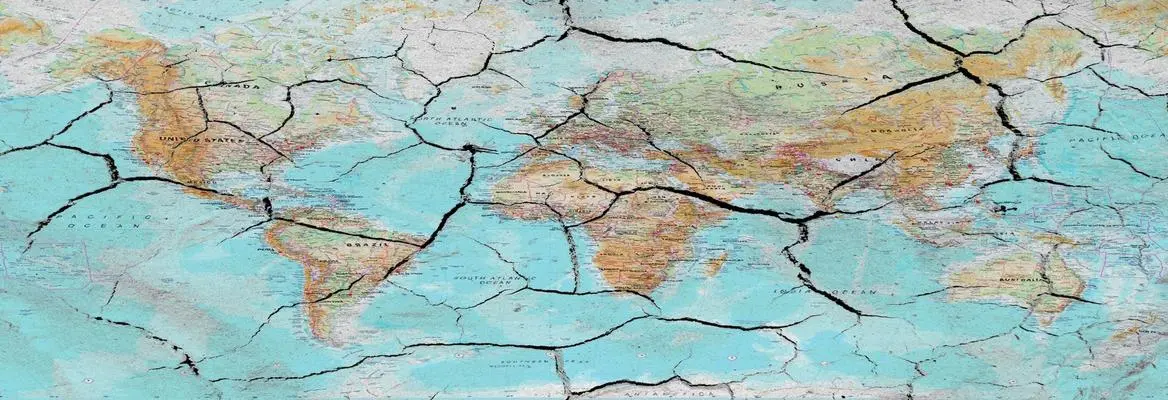A series of new papers by economists suggest that even if we did nothing about climate change, the impact on global GDP would be miniscule. The only problem is, the assumptions these economists make to reach that conclusion are wrong. One crucial mistake involves mistaking the weather for the climate. Economists make their predictions based solely on the temperature changes in individual countries, ignoring the overall effects of climate change around the globe. Another glaring error is assuming that only those parts of the economy exposed to the outdoors will be adversely affected by climate change, ignoring how all production and economic activity is interconnected. Just as they did in the lead up to financial crisis of 2007 – 2008, economists are appeasing politicians, while blindly leading us into catastrophe, writes Steve Keen.
In 2008, Queen Elizabeth famously challenged economists for failing to see the Global Financial Crisis coming, asking that “If these things were so large, how come everyone missed them?”. Just before COP26, Her Majesty was overheard criticising politicians who “talk but don’t do” on climate change.
Ma’am might well return to her 2008 intuition to understand why politicians talk the talk, but don’t walk the walk, on climate change: it’s the economists again.
As politicians prepared to go blah blah blah in Glasgow about how we must avoid a 1.5°C increase in the average global temperature, economists gave them yet more reasons to be cheerful, rather than concerned, about climate change. Between August 24th and October 22nd this year, three new papers were published, which claimed that unmitigated global warming would reduce global GDP in 2100 by a mere 4-7%, compared to what it would otherwise be without any climate change.
Between August 24th and October 22nd this year, three new papers were published, which claimed that unmitigated global warming would reduce global GDP in 2100 by a mere 4-7%, compared to what it would otherwise be without any climate change.
One paper claimed that doing nothing about climate change would result in GDP being a mere 3.67% smaller in 2100. Restricting global warming to 1.5°C—the COP26 objective—would reduce the loss to 0.29%. So Glasgow, from this perspective, was just about saving a mere 3.38% of future global GDP (don’t you love how precise economists are about the unknown?) that would in any case be many times larger than today’s.
Another asserted that if we lost Arctic summer sea-ice, the Greenland & West Antarctic ice sheets, the Amazon rainforest, the “Gulf Stream”, unleashed the tundra’s Permafrost and methane hydrates trapped in the deep ocean, and turbocharged the Indian Monsoon, that these mammoth changes to the planet would reduce global GDP by just 1.4%. 6°C of global warming, and whipping off of the face of the Earth geological structures and climate patterns that have been in place for millennia, would make us a mere 1.4% poorer than we would have been otherwise. That is what some economists—far too many economists—think climate change entails.
These new papers are consistent with thirty years worth of advice from economists that the economic impact of global warming would be, in the words of one economist (quoted in a 1994 survey by 2018 Economics Nobel Prize winner William Nordhaus), “small potatoes”. In general, economists start from the perspective that, to quote possibly the same economist, “the degree of adaptability of human economies is so high that for most of the scenarios the impact of global warming would be "essentially zero"”.
Economists are blasé about 4°C and even 6°C of warming, because they confuse the climate with the weather.





















Join the conversation